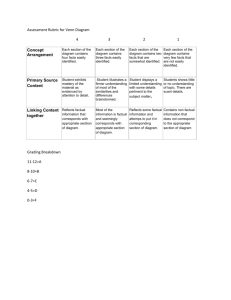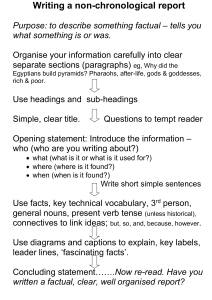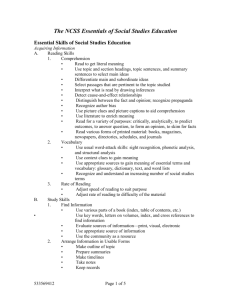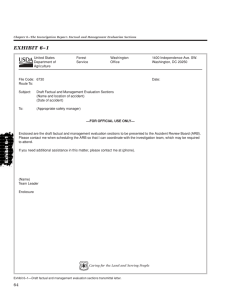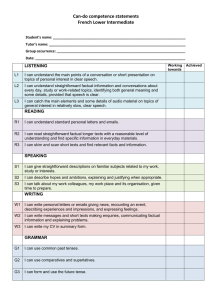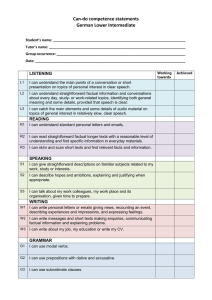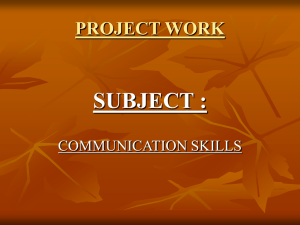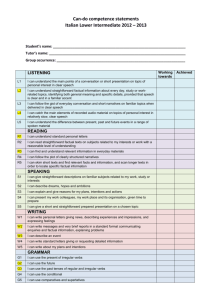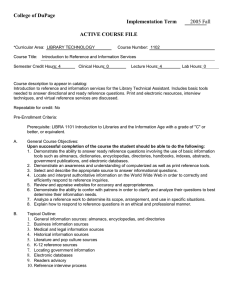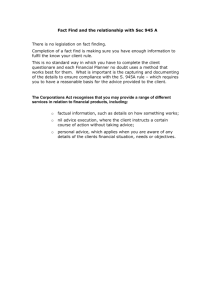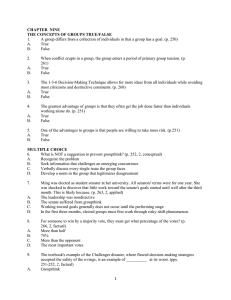Social Studies Skill Map for Teachers
advertisement
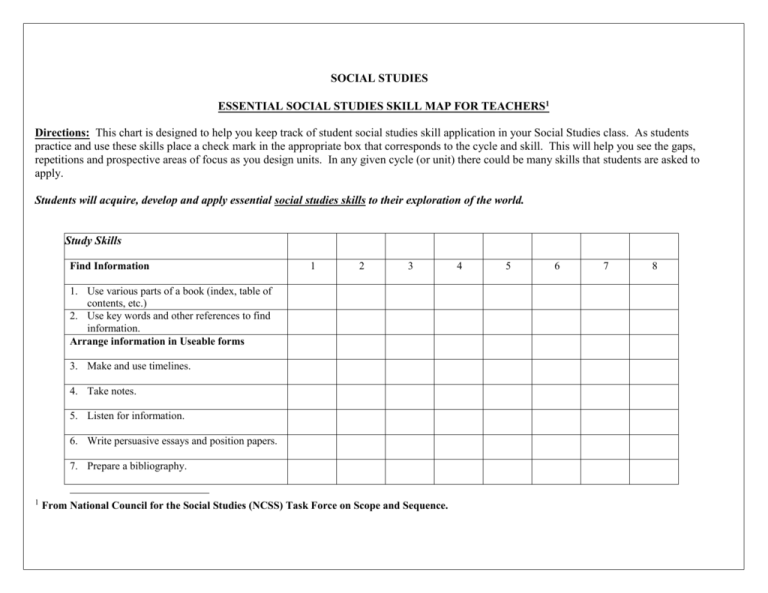
SOCIAL STUDIES ESSENTIAL SOCIAL STUDIES SKILL MAP FOR TEACHERS1 Directions: This chart is designed to help you keep track of student social studies skill application in your Social Studies class. As students practice and use these skills place a check mark in the appropriate box that corresponds to the cycle and skill. This will help you see the gaps, repetitions and prospective areas of focus as you design units. In any given cycle (or unit) there could be many skills that students are asked to apply. Students will acquire, develop and apply essential social studies skills to their exploration of the world. Study Study Skills Find Information 1 2 3 1. Use various parts of a book (index, table of contents, etc.) 2. Use key words and other references to find information. Arrange information in Useable forms 3. Make and use timelines. 4. Take notes. 5. Listen for information. 6. Write persuasive essays and position papers. 7. Prepare a bibliography. 1 From National Council for the Social Studies (NCSS) Task Force on Scope and Sequence. 4 5 6 7 8 Technology Skills Computer Resources 8. Use computerized almanacs, encyclopedias, dictionaries, periodicals, and news sources. 9. Use the Internet to research topics: search engines, content specific web sites. Software Skills 10. Become familiar in the use of computer programs: Microsoft Word, PowerPoint, Excel, and other computer programs. Thinking Skills 11. Classify information. 12. Identify relevant factual material. 13. Group data in categories according to appropriate criteria. 14. Place data in tabular forms: charts, graphs, illustrations. Interpret and Analyze Information 15. Draw inferences from factual information. 16. Form a simple organization of key ideas. 17. Compare and contrast credibility of differing accounts of the same event. 18. Predict likely outcomes based on actual information. 1 2 3 4 5 6 7 8 Summarize, Synthesize, and Evaluate Information 19. Extract significant ideas from supporting illustrative details. 20. Form an opinion based on critical examination of relevant information. 21. Present visually (chart, graph, diagram, model) information extracted from print. 22. Communicate orally and in writing. 23. Prepare a paper that requires a solution to a problem. 24. Test the validity of information, using such criteria as source, objectivity, currency. Decision Making Skills 25. Determine whether or not information is relevant to the topic. 26. Identify a situation in which a decision is required. 27. Secure factual information relevant to making decision. 28. Make decision based on the data obtained. Interpersonal & Social Participation Skills 29. Select a strategy to solve a problem. 30. Express personal conviction. 31. Communicate own beliefs, feelings, and convictions. 32. Adjust own behavior to fit the dynamics of various groups and situations. 1 2 3 4 5 6 7 8 Interpersonal & Social Participation Skills cont. 33. Keep informed on issues that affect society. 34. Identify issues in which social action is required. 35. Work individually or with other to decide on an appropriate course of action.
